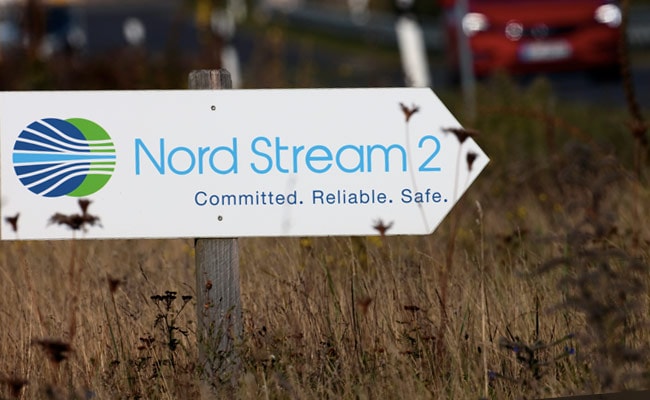Nord Stream two is now dead, US
QAMISHLI, Syria (North Press) – The Nord Stream two gas pipeline project is currently dead and is unlikely to ever be revived, US Under Secretary of State for Political Affairs, Victoria Nuland, said, yesterday.
The strategic pipeline project is one of the most prominent Russian projects targeted by punitive measures imposed by Berlin and Washington in response to the Russian invasion of Ukraine two weeks ago.
“I think Nord Stream two is now dead I don’t think it will ever be revived,” Nuland said during a session of the Foreign Affairs Committee of the US Senate on Tuesday.
In response to a Republican senator who called for US sanctions to be made permanent, Nuland stressed that the pipeline would not be revived.
For a long time, the United States expressed its objection to this pipeline. It considered that it would enhance Moscow’s ability to exploit energy supplies to Europe and use it as a geopolitical weapon.
But during the final stages of construction and to avoid angering Berlin, US President Joe Biden decided not to impose sanctions on its main operators.
President Biden announced on Tuesday that the United States was punishing Russia for its war in Ukraine by banning importation of the Russian oil, gas and coal, but warned Americans that the decision would inevitably lead to price hikes of energy in the country.
Meanwhile, French President Emmanuel Macron and US Secretary of State Anthony Blinken stressed, during a meeting that brought them together in Paris, to maintain pressure with sanctions on President Vladimir Putin to punish Russia for invading the neighboring country, according to what the US State Department announced.
Macron and Blinken spoke about the “ongoing efforts to provide assistance for the government and people of Ukraine and reaffirmed their commitment to impose significant costs on President Putin and his associates as long as they continue their war of choice in Ukraine,” in a statement, said State Department spokesman Ned Price.
Blinken was in Paris at the end of a series of meetings with European allies that began on Thursday and which has taken him mainly to NATO member countries located in Eastern Europe, it included a visit to the Ukrainian border, during which he met his Ukrainian counterpart.
On his tour, Blinken sought to strengthen unity in the face of the Russian invasion of Ukraine, and to reaffirm Washington’s support for its allies.
He stressed, in the Estonian capital Tallinn, the United States is in the process of strengthening its support for the three Baltic countries that are members of NATO.
The end of Blinken’s European tour coincided with two significant announcements: US President Joe Biden’s banning of Russian energy products and the British government’s statement that it will phase out buying Russian crude by the end of this year.

